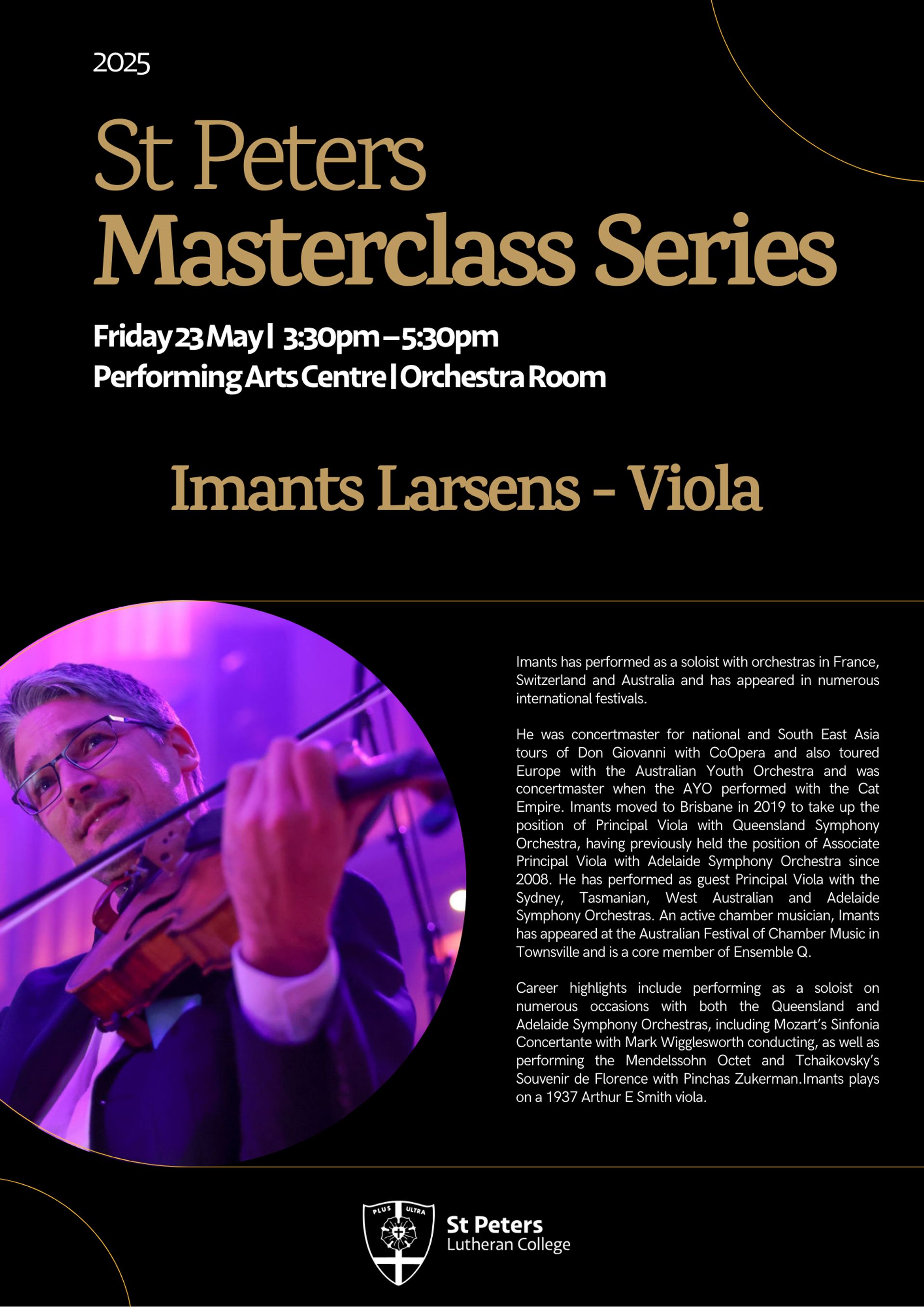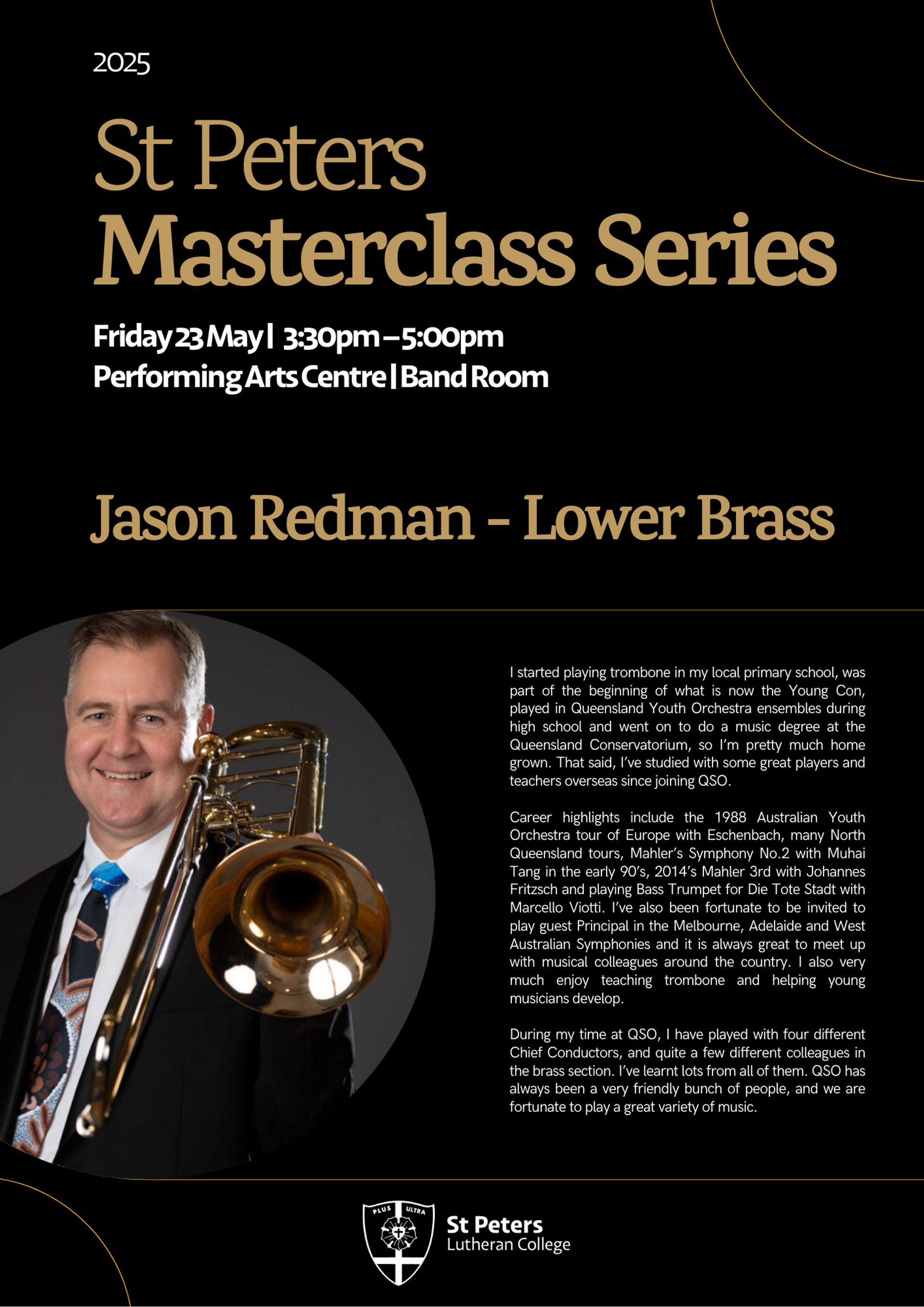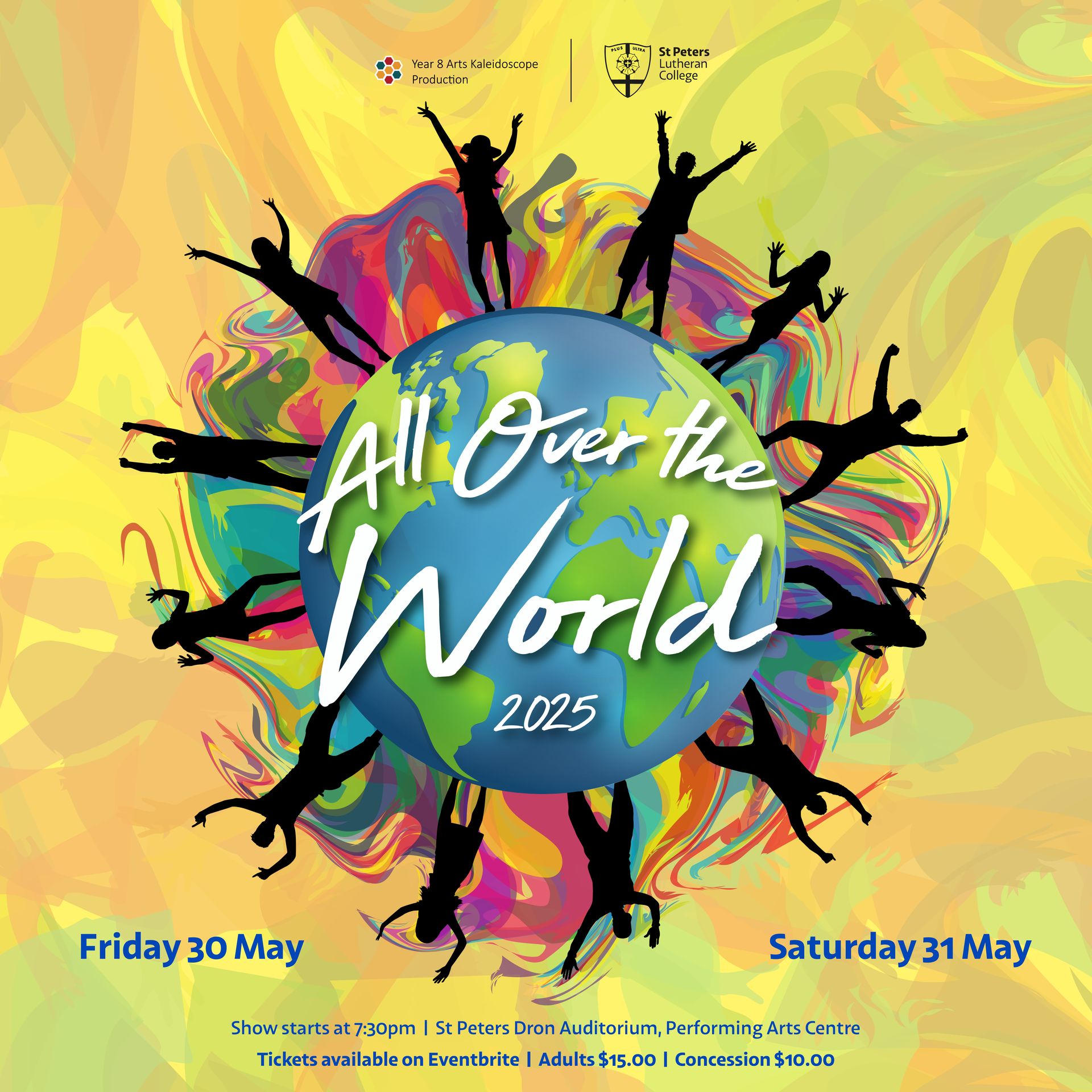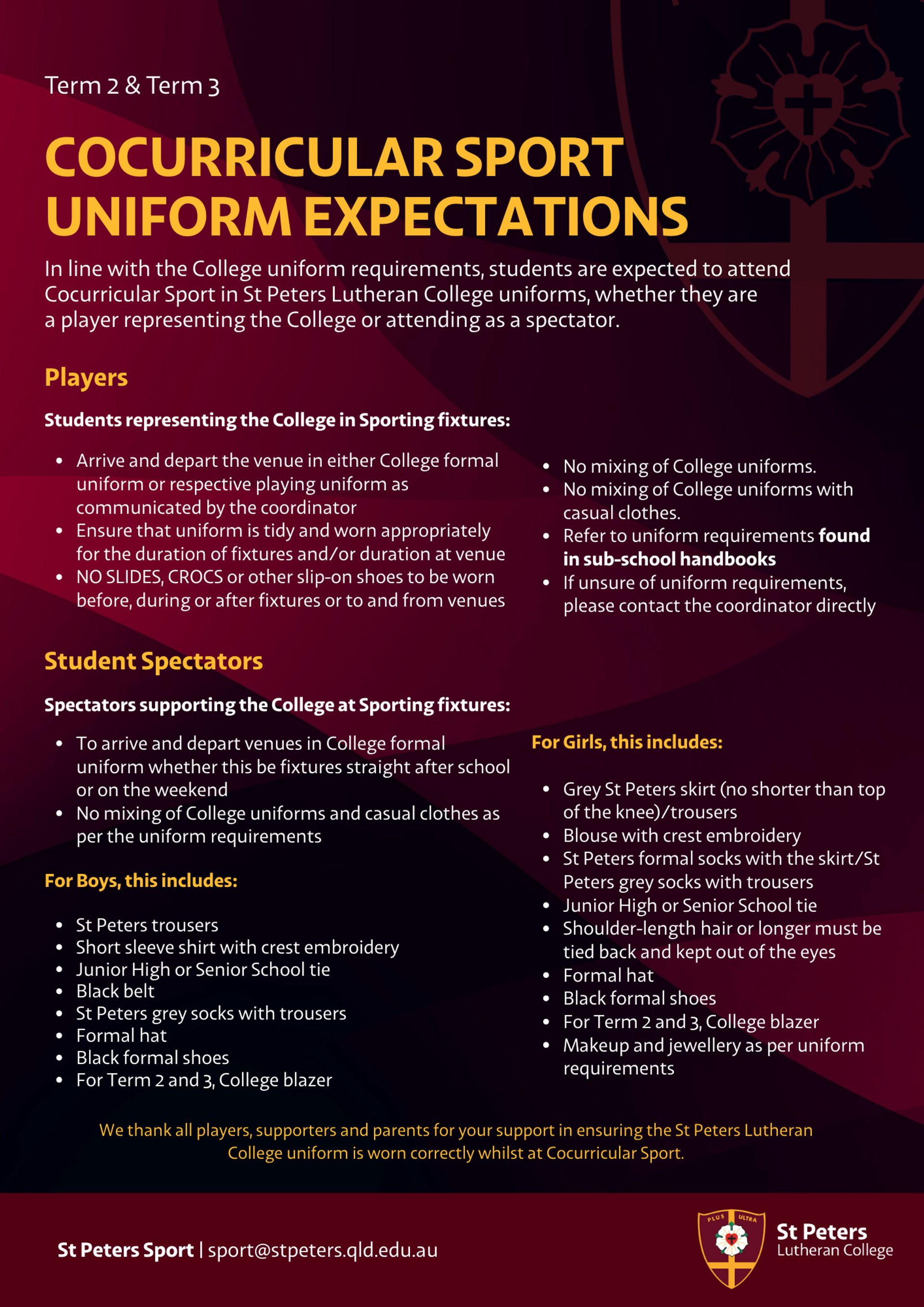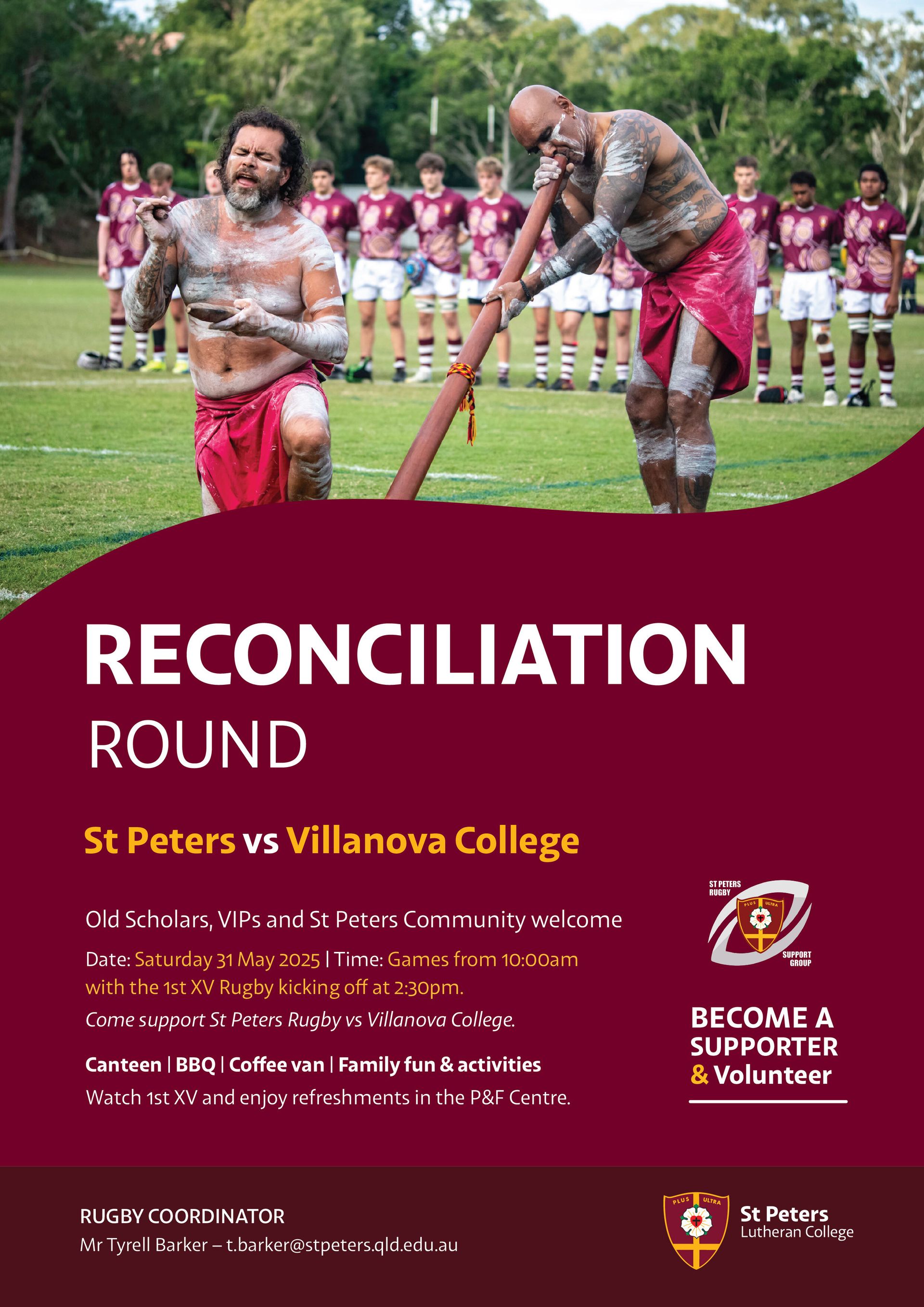Wellmania
I have a book on my shelf to read called Wellmania by Brigid Delaney. The story follows the journey of a 39-year-old woman, who, struggling with a major health crisis, tries numerous ways of improving her wellbeing. The book—part memoir, part dramatised story—is subtitled ‘Misadventures in the Search for Wellness’. It has been made into a Netflix series starring Celeste Barber, who became an influencer by creating videos satirising the way celebrities present their image to the world.
Wellbeing and wellness are certainly big in Western culture. So big that it is an industry worth billions, even trillions of dollars worldwide. The wellbeing industry taps into our human insecurities, particularly when it is tied to digital platforms and social media influencers who sell products and promise control over what happens to our ageing bodies. Some examples of 'wellbeing gurus' caught up in the industry are Gwyneth Paltrow and her ‘Goop’ products and ‘Paleo’ Pete Evans. Critiquing the way we do wellbeing in our culture is a welcome and important role of comedy, film, and literature. It’s a much-needed corrective to the messages we often hear from popular culture.
A first-century influencer, who’s had more followers than most throughout history, once said;
"I have come that they (people) may have life, and have it to the full" (Jesus in John 10:10).
The good life, the abundant life, the full life. That is the life that we look for and desire. The life lived well, that flourishes and brings peace, contentment, and deep satisfaction to our souls. Philosophers, theologians, mystics, and ordinary people have been searching for this for thousands of years. And this is part of what Jesus is promising we will receive when we live with him. When we live in Christ, we live a life that integrates faith and wellbeing, spirituality with our physical bodies.
A life that explores the spiritual, not just for its own sake, or for the sake of gurus who can influence and direct us in less than helpful ways. A life that takes seriously that, as human beings created in God’s image, we are much more than brains on a stick. The good life involves looking for what will give us meaning, purpose, and identity. Looking for wholeness, health, and wellness that can never be fully found in any human-created product, program, or spiritual system.
The wellbeing that is most real, authentic, and true is that which does not cost any money at all. There is no product to buy, no diet or training regime to follow, no course or seminar to complete. It involves reflecting on where we turn for help when we want to be well. It is certainly looking after our bodies and our minds, but also ‘being well’ with the one who heals us like no wellbeing guru can, the creator of the universe. The one who was sacrificed and resurrected for us to make all things new, including our frail and ageing bodies.
Tim Jarick
College Pastor

